About Us
Researchers + Clinicians
Parents
During pregnancy, women of migrant and refugee background may miss important information about optimising their health and that of their baby. Information about stillbirth risk factors such as smoking cessation, sleep position, pregnancy warning signs, and when and how to access care (including interpreters) needs to be easy to understand and communicated in an appropriate and accessible way. The Australian Senate Report into Stillbirth Research and Education made a number of key recommendations to address stillbirth in Australia that encompassed improving the quality of care as well as the provision of “culturally appropriate education.”
The ‘Skills Training and Education to Prevent Stillbirth (The STEPS Program)’ was implemented as a feasibility study of an integrated health literacy and stillbirth prevention program for culturally and linguistically diverse pregnant women across three sites (Auburn, Westmead and Blacktown) in Western Sydney, New South Wales. The STEPS intervention was a group-based educational intervention which embedded graded health literacy skills across stillbirth awareness topics (e.g., functional skills for reading nutrition labels, critical skills for appraising online health information). The intervention content was based on the Safer Baby Bundle initiative.
The facilitators reported that the program was relevant, easy to deliver, and the content was appropriate for women from diverse backgrounds. Program improved participants’ health literacy skills and knowledge about stillbirth risk factors. Participants expressed that they highly benefited from the program.

Level 3, Aubigny Place
Mater Research Institute
Raymond Terrace,
South Brisbane QLD 4101
The University of Queensland Faculty of Medicine